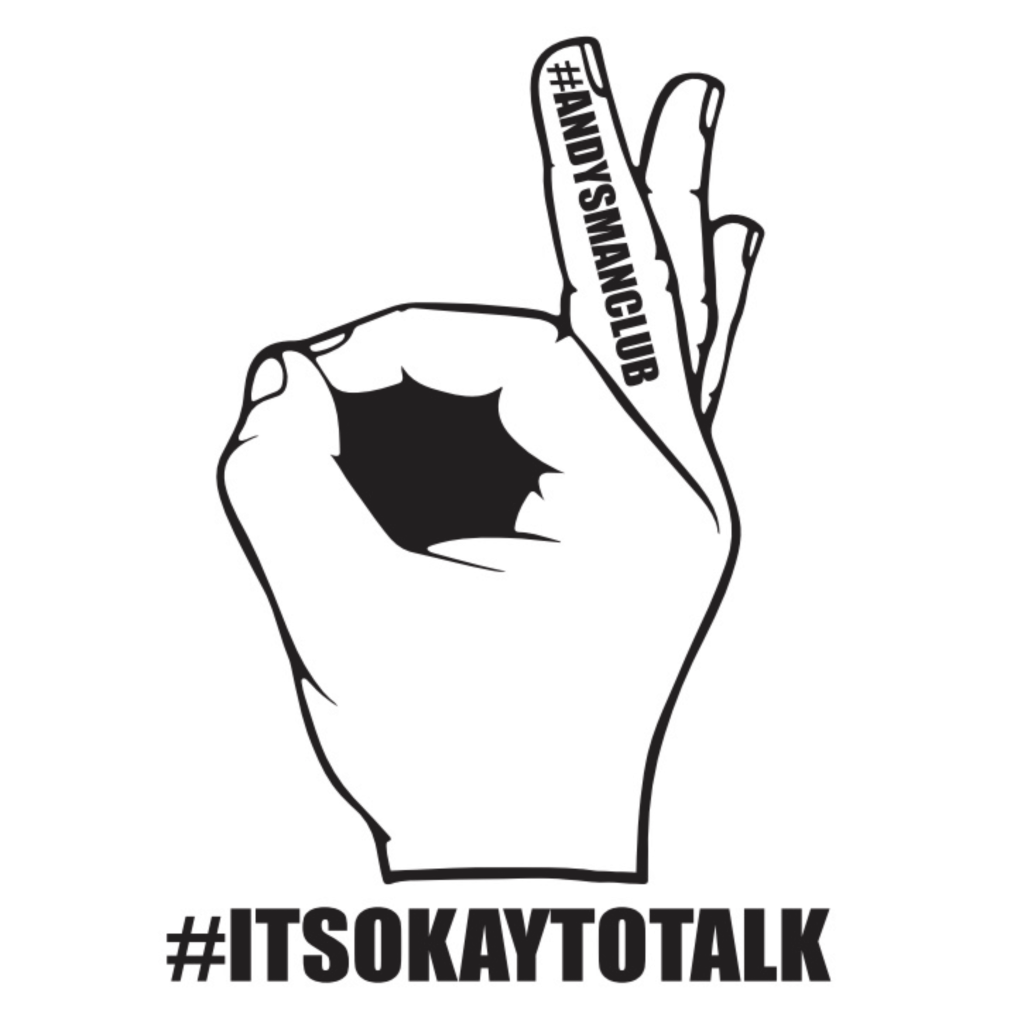The Psychological and Emotional Impact of Breakups on Men
Breakups and divorce are among the most painful experiences a person can go through, and for many men, the emotional toll is profound. Losing a romantic partner can lead to intense grief, feelings of failure and uncertainty about the future. The process of separation not only affects emotional well-being but can also have financial, social and psychological consequences that make recovery even more challenging.
Many men struggle to express or process emotions after a breakup. Societal norms often discourage vulnerability, leading men to suppress their pain rather than seek support. However, unresolved grief can contribute to long-term mental health struggles including depression, anxiety and substance use.
Why Breakups and Divorce Increase Suicide Risk in Men
Breakups and divorce are one of the major risk factors for suicide in men. Research consistently shows that men are more likely to experience severe emotional distress following the end of a relationship, and they are significantly more at risk of suicide compared to women after a breakup.
Several factors contribute to this heightened risk:
- Loss of emotional support, particularly if a partner was the primary source of comfort
- Social isolation, as men often struggle to maintain strong support networks outside of romantic relationships
- Financial stress due to divorce settlements, child support or changes in living situations
- Identity crisis, particularly if the relationship played a central role in a man’s sense of self-worth and purpose
Because of these challenges, it is critical for men to have healthy coping strategies and access to emotional support during and after a breakup.
How Men Can Process Grief After a Breakup
Grieving the end of a relationship is a natural process, but many men struggle to acknowledge or work through their emotions. Suppressing grief can prolong suffering and lead to unhealthy coping mechanisms. Instead, recognising the different stages of grief – denial, anger, bargaining, depression and acceptance – can help men understand their emotional responses and move forward in a healthier way.
Effective ways to process the emotional pain of a breakup include:
- Allowing space for emotions rather than numbing them through distractions or avoidance
- Talking about the breakup with trusted friends, family or a therapist
- Engaging in physical activities to help manage stress and improve mental well-being
- Practising self-care through healthy routines, nutrition and mindfulness
Rebuilding Life and Confidence After a Breakup
After a breakup or divorce, rebuilding life can feel overwhelming. Many men experience a loss of routine, companionship and stability. Creating a new sense of purpose and direction is crucial for long-term healing.
Key steps toward moving forward include:
- Re-establishing independence – taking time to focus on personal interests, goals and well-being
- Strengthening social connections – reaching out to friends, family and support groups to prevent isolation
- Setting healthy boundaries – avoiding self-destructive behaviours such as excessive alcohol use or engaging in unhealthy rebound relationships
- Exploring new opportunities – using the breakup as a chance for self-growth, whether through career changes, travel or new hobbies
The Role of Therapy in Healing from a Breakup or Divorce
Therapy provides men with a structured and supportive environment to process grief, understand their emotions and develop coping strategies for moving forward. A therapist can help men navigate the emotional challenges of a breakup, rebuild confidence and find meaning beyond the relationship.
Counselling also offers a space to explore patterns in past relationships, helping men develop healthier relationship skills for the future. Whether through individual therapy, group support or guided self-reflection, seeking help is a vital step toward healing.
Breakups and divorce are undeniably painful, but they do not have to define a man’s future. With the right support and mindset, it is possible to rebuild, grow and move forward with resilience and self-assurance.















